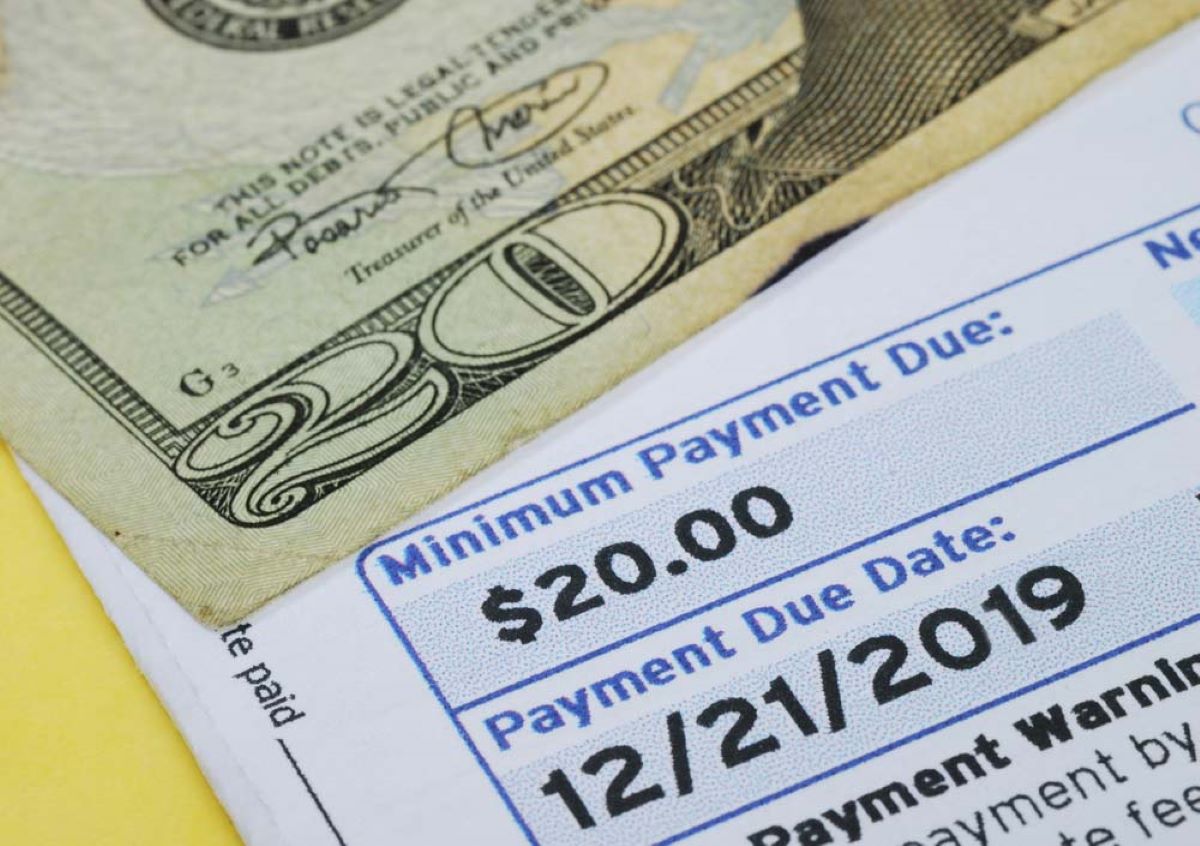

Finance
Trade Trigger Definition
Published: February 10, 2024
Learn the definition of a trade trigger in finance and how it can impact investment decisions. Understand its significance and applications in financial markets.
(Many of the links in this article redirect to a specific reviewed product. Your purchase of these products through affiliate links helps to generate commission for LiveWell, at no extra cost. Learn more)
The Trade Trigger Definition: A Key Concept in Finance
When it comes to navigating the complex world of finance, understanding the various terms and concepts is crucial. One such concept that plays a vital role in investment strategies is the trade trigger. In this blog post, we will explore the trade trigger definition and its significance in the financial market.
Key Takeaways:
- A trade trigger is a predetermined condition or event that activates a buying or selling decision in the financial market.
- Trade triggers are set by investors to automate the execution of trades based on specific criteria they have defined.
So, what exactly is a trade trigger? Essentially, it is a predetermined condition or event that activates a buying or selling decision in the financial market. Investors set these triggers to automate the execution of trades based on specific criteria they have defined. This allows them to take advantage of opportunities without the need for constant monitoring or manual intervention.
The trade trigger definition may vary depending on individual investment strategies, but common triggers include:
- Price Triggers: These triggers are based on specific price levels of an asset. For example, an investor may set a trigger to buy a stock if its price drops below a certain threshold, or to sell if it reaches a certain high.
- Technical Indicator Triggers: Technical indicators are mathematical calculations applied to historical price and volume data to identify potential trading opportunities. Trade triggers can be set based on these indicators, such as moving averages, relative strength index (RSI), or Bollinger Bands.
- News or Events Triggers: Some investors may base their trade triggers on news announcements or significant events that can impact the market. For instance, a trader may set a trigger to buy a particular currency if a positive economic report is released.
The use of trade triggers offers several benefits to investors:
- Automation: By setting trade triggers, investors can take advantage of potential opportunities without constant monitoring, saving time and effort.
- Discipline: Triggers provide a disciplined approach to trading, as decisions are based on predefined criteria rather than emotional or impulsive reactions.
- Speed: Trade triggers allow for quick execution of trades, ensuring that investors can capitalize on market movements before they miss out on potential gains.
It is important to note that while trade triggers can be effective tools, they should be used with caution. Market conditions can change rapidly, and relying solely on predefined triggers may not always be the most optimal strategy. Regular monitoring of the market and adjusting trade triggers as necessary is essential for successful investing.
In conclusion, understanding the trade trigger definition is essential in the world of finance. Setting trade triggers allows investors to automate their trading decisions based on specific conditions, which can help them take advantage of opportunities and improve their overall investment strategies. However, it is crucial to regularly evaluate and adjust these triggers to ensure they align with market conditions and individual goals.














